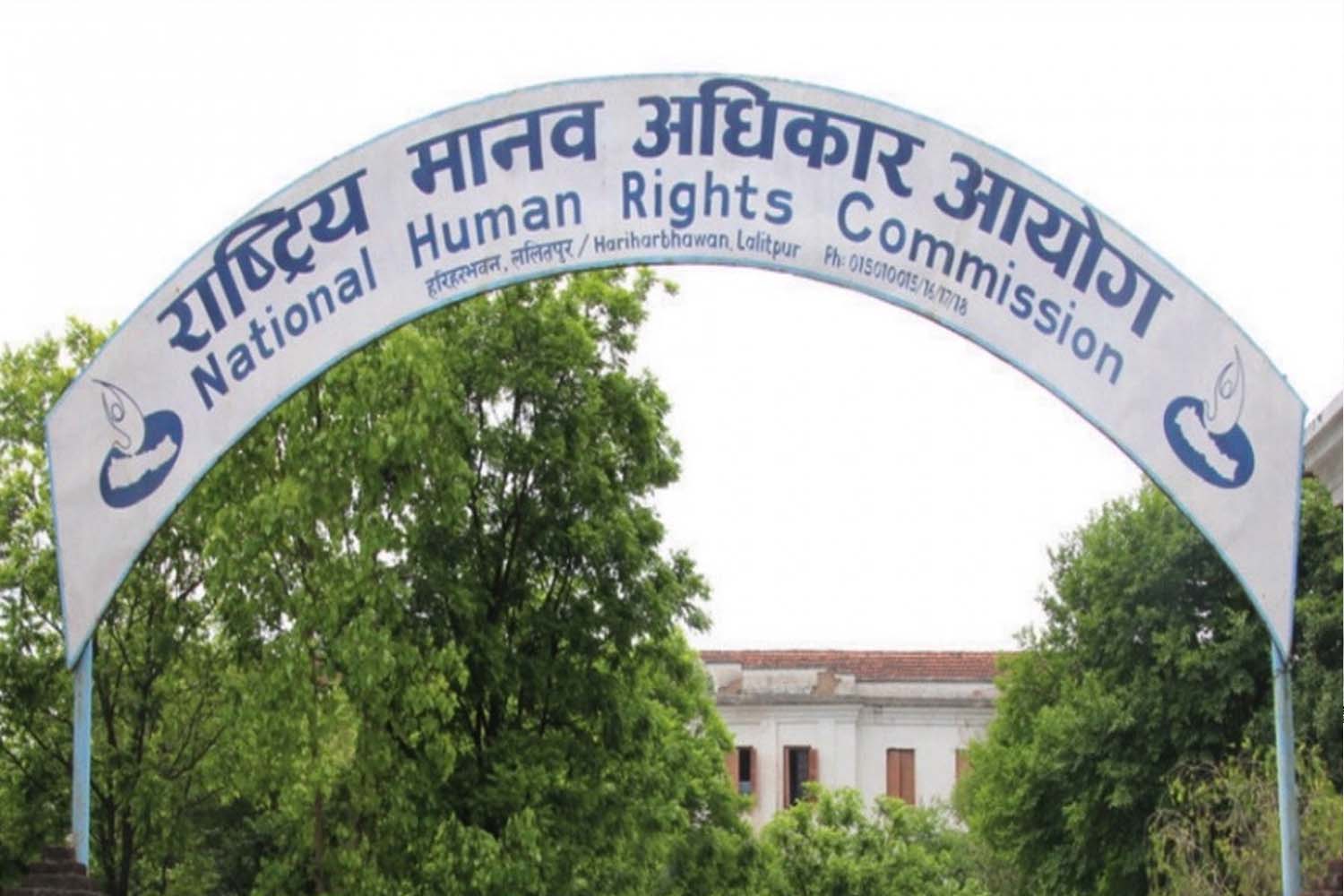Bandarjhula settlers caught between wildlife and wily politicians

Inhabitants of Bandarjhula, located in the middle of a forest in Madi Municipality-9, have for years been asking for land-ownership certificates. But their demands have fallen on deaf ears.
Interestingly, the issue of land ownership makes its way to the top of political parties’ agenda every election season. Around 700 registered voters in this place are assured of certificates during elections but the promises are soon forgotten.
Former Coordinator of Bandarjhula struggle committee, Rajkumar Praja, says many promises of land certificates since 1998 have gone begging. “The government allocates the budget, and another government agency stops it. And if our votes are legal, how can our lands be illegal?” he asks.
CPN (Maoist Centre) Chaiman Pushpa Kamal Dahal and CPN-UML Chairman KP Sharma Oli had reached Madi with the agenda of party unification ahead of the last federal election in 2017. From the same podium, the two leaders had promised to address the problems of the residents of Bandarjhula—again to no avail.
Dahal, who has been frequently visiting Madi, last month reached Bandarjhula and expressed his worry over the issue. However, he is silent even as the National Park and Wildlife Conservation Act 1973 poses a hurdle to their land-ownership. Bandarjhula lies in a wildlife corridor. The act bars development and farming in such a corridor. Government officials say the place is not appropriate for human settlement.
This place lies in Chitwan election constituency-3, which Dahal won in 2017. In July 2020, Former Prime Minister Oli had claimed that Madi is the birth place of Lord Ram. Attempts are now being made to popularize Bandarjhula as Hanumanjhula.
Also read: Covid-19 in 2021: A year of ‘learning’ for Nepal
Before the last federal elections, another charismatic Rastriya Prajatantra Party leader Bikram Pandey was elected from here. The current provincial chief of Lumbini Province, Amik Sherchan, had become deputy prime minister after being elected from the same constituency. Prior to that, Nepali Congress leader Narayan Sharma became the Minister for Water Resources, and his predecessor Tirtha Bhusal is also from Madi.
Madi has elected many politicians who went on to hold influential positions, and the country has turned into a republic, but the plight of Bandarjhula inhabitants remains unchanged. The settlements are yet to be electrified and the Chitwan national park has been obstructing development works in the ‘transgressed’ or ‘captured area’.
The majority of people living in this place are from Chepang, indigenous and Dalit community. People from Makwanpur, Parsa, Lamjung, and Tanahun, among other districts, migrated to Bandarjhula which now has 660 households. Prior to this, Nepal Army personnel used to live there. Landless squatters moved in after the army left.
“We are being treated as foreign citizens in our own country,” says Sarada Acharya, Chairperson of Bandarjhula Struggle Committee. “All that we want is to be allowed to stay here. If that is not possible, let us be resettled in another place.”
As the demands for land ownership certificates were not heeded, the settlers had staged a relay hunger strike for four nights at Maitighar Mandala in Kathmandu. The protests culminated in a three-point deal between the National Land Commission and Bandarjhula struggle committee. The commission has pledged to provide land survey documents after completing all the required processes.
related news
Elderly couple dies in Dhading fire
May 2, 2024, 10:14 a.m.
Weather to remain partly cloudy in hilly region; fair in remaining areas
May 2, 2024, 9:31 a.m.
NICCI launches a hand book for Indian investors
May 1, 2024, 3:09 p.m.
135th May Day: NHRC calls for promoting labor rights
May 1, 2024, 2:02 p.m.
One more person injured in the Lalitpur fire dies
May 1, 2024, 11:20 a.m.
International Worker Day or May Day being celebrated today
May 1, 2024, 9:27 a.m.
Over Rs 10. 34 million stolen from Nabil Bank in Birgunj
April 30, 2024, 8:39 p.m.









Comments